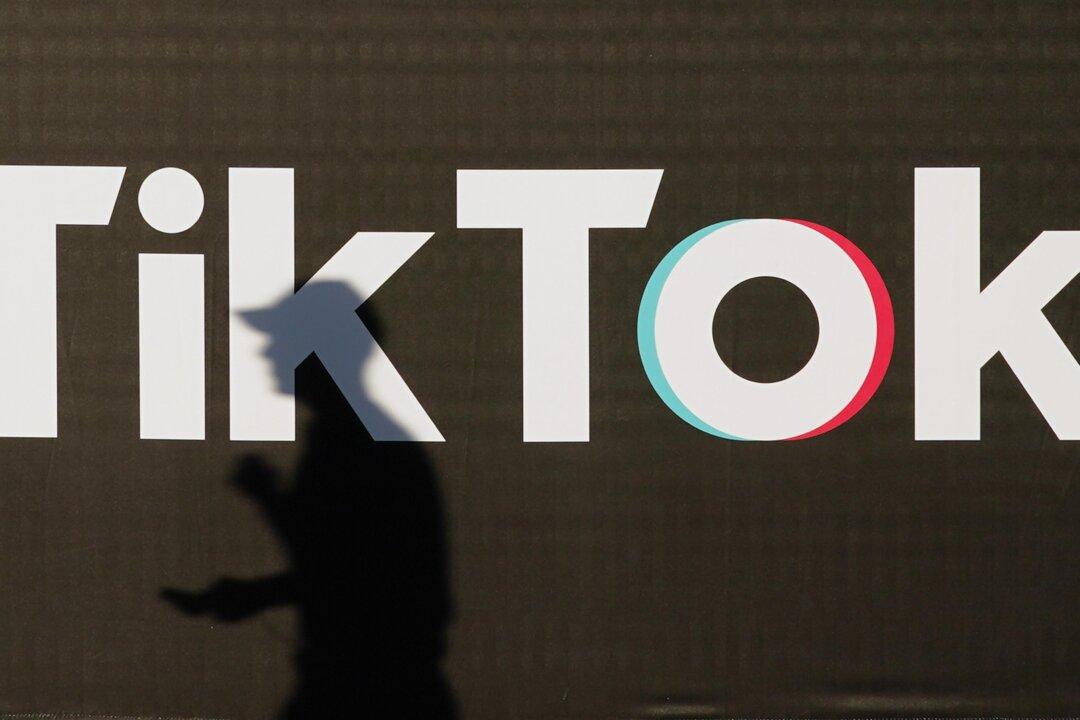While Facebook portrays its army of fact-checkers as independent, the money behind at least one carries a distinct taint.
One such fact-checker, Lead Stories, is partly paid through a partnership with TikTok, a social media platform run by a Chinese company that owes its allegiance to the Chinese Communist Party (CCP). TikTok currently is being probed by U.S. officials as a national security threat.





